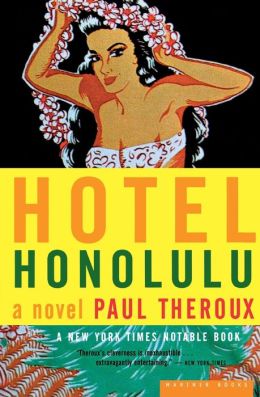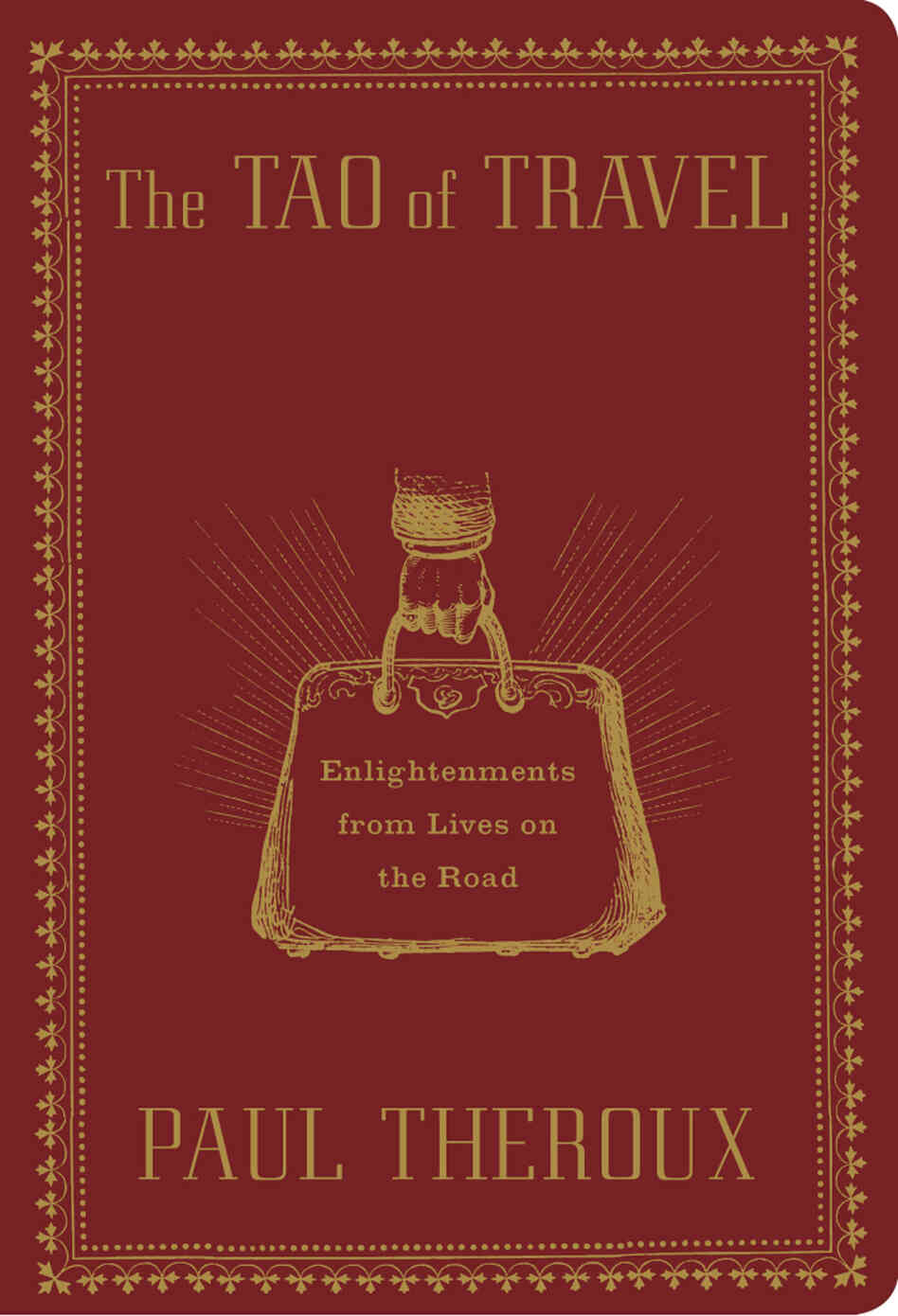The Countess
by Rebecca Johns
Johns's creepily enticing second novel (after Icebergs) travels to 1611 Hungary as Countess Erzsébet Báthory--aka the Blood Countess--is being walled into a castle tower as punishment for the murder of dozens of women and girls. She begins writing her life story as an exposé of the many betrayals that have brought about this--as she sees it--outrageous and unjust imprisonment. The steady, calm tone of Erzsébet's narration lulls the reader along so that the first hints of madness in her girlhood engender doubt and discomfort rather than horror, and as her lack of remorse and grandiose sense of entitlement are unveiled, a matter-of-fact self-portrait of a murderer emerges. This is a carefully researched story, gothic in tone and grimly atmospheric, with subtly handled psychology and an initially unassuming tone. Unlike most serial killer stories, this rewards patience and close reading.
Monday, August 26, 2013
Monday, August 19, 2013
The Blood Countess
 The Blood Countess
The Blood Countessby Andrei Codrescu
Andrei Codrescu, NPR commentator and journalist, has written a fascinating first novel based on the life of his real-life ancestor, Elizabeth Bathory, the legendary Blood Countess. Codrescu expertly weaves together two stories in this neo-gothic work: that of the 16th-century Hungarian Countess Elizabeth Bathory, a beautiful and terrifying woman who bathes in the blood of virgin girls; and of her distant descendent, a contemporary journalist who must return to his native Hungary and come to terms with his bloody and disturbing past.
Drake Bathory-Kereshtur, a Hungarian-born journalist who has lived in the United States, returns to his native Hungary, only to be the target for recruitment among a patriotic group that wants to restore the glory--and the horror--of the Hungarian aristocracy. As a descendent of the Countess Elizabeth Bathory, he is heir to all that is wonderful and terrible about his country and his family's past. Codrescu brilliantly explores Drake's anguish, as he realizes the truth behind his gruesome family history. But more importantly, Codrescu also creates a convincing and historically accurate picture of a sadistic woman obsessed with youth, vigor, beauty, and blood_a woman with enough power to order the deaths of 650 virgins so that she could bathe in their blood.
The Blood Countess is a bizarre and compelling book about the horrors of the past, shown so effectively in the monstrous yet attractive personality of Elizabeth, and what pull these horrors have on those who live now.
Wednesday, August 14, 2013
Hotel Honolulu
 Hotel Honolulu
Hotel Honoluluby Paul Theroux
Scrappy, satiric and frowsily exotic, this loosely constructed novel of debauchery and frustrated ambition in present-day Hawaii debunks the myth of the island as a vacationer's paradise. The episodic narrative is presided over by two protagonists: the unnamed narrator, a has-been writer who leaves the mainland to manage the seedy Hotel Honolulu, and raucous millionaire Buddy Hamstra, the hotel's owner and former manager, who fired himself to give the narrator his job.
The narrator is at once amused and moved by Buddy, "a big, blaspheming, doggy-eyed man in drooping shorts," who is as reckless in his personal life as he is in his business dealings. He hires the writer despite his lack of qualifications, and the writer returns the favor in loyalty and affection, acting as witness to Buddy's flamboyant decline. As the hotel's manager, the writer comes to know a succession of downtrodden travelers and Hawaii residents, each more eccentric than the next. Typical are a wealthy lawyer whose amassed fortune does not bring him happiness; a past-her-prime gossip columnist involved in a love triangle with her bisexual son and her son's male lover; and a man who is obsessed with a woman he meets through the personals.
Theroux, never one to tread lightly, often portrays native Hawaiians including the writer's wife as simpleminded, craven souls. But he is an equal-opportunity satirist, skewering all his characters except perhaps his alter-ego narrator and Leon Edel, the real-life biographer of Henry James, who makes an extended, unlikely cameo appearance. The lack of conventional plot and the dreariness of life at Hotel Honolulu make the narrative drag at times, but Theroux's ear and eye are as sharp as ever, his prose as clean and supple.
Monday, August 12, 2013
The Tao of Travel
 The Tao of Travel: Enlightenments from Lives on the Road
The Tao of Travel: Enlightenments from Lives on the RoadEdited by Paul Theroux
Travel maestro Theroux (The Great Railway Bazaar) conducts a rambling tour of the genre in this diverting meditation on passages from his own and other writers' works. Several chapters spotlight underappreciated travel writers from Samuel Johnson to Paul Bowles, while others explore themes both profound and whimsical. There are classic set-piece literary evocations, including Thoreau on the hush of the Maine woods and Henry James on the miserable pleasures of Venice. A section on storied but disappointing destinations fingers Tahiti as "a mildewed island of surly colonials"; travel epics—shipwrecks, Sahara crossings, Jon Krakauer's duel with Mount Everest—are celebrated; exotic meals are recalled (beetles, monkey eyes, and human flesh, anyone?); and some writers, like Emily Dickinson, just stay home and write about that. The weakest section is a compendium of aphoristic abstractions—"Travel is a vanishing act, a solitary trip down a pinched line of geography to oblivion"—while the strongest pieces descry a tangible place through a discerning eye and pungent sensibility: "I do not think I shall ever forget the sight of Etna at sunset," Evelyn Waugh rhapsodizes; "Nothing I have seen in Art or Nature was quite so revolting."
Subscribe to:
Posts (Atom)
